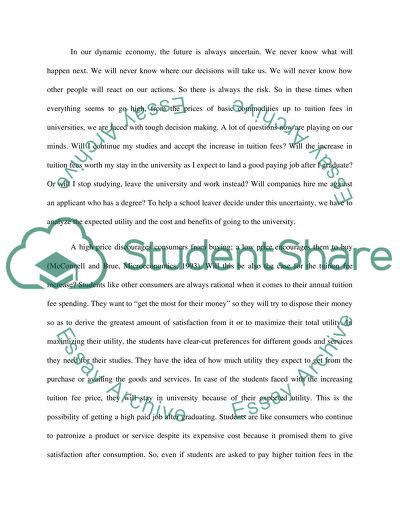Cite this document
(“Justifying the Increase in Tuition Fees Research Paper”, n.d.)
Justifying the Increase in Tuition Fees Research Paper. Retrieved from https://studentshare.org/macro-microeconomics/1404978-microeconomics-essay
Justifying the Increase in Tuition Fees Research Paper. Retrieved from https://studentshare.org/macro-microeconomics/1404978-microeconomics-essay
(Justifying the Increase in Tuition Fees Research Paper)
Justifying the Increase in Tuition Fees Research Paper. https://studentshare.org/macro-microeconomics/1404978-microeconomics-essay.
Justifying the Increase in Tuition Fees Research Paper. https://studentshare.org/macro-microeconomics/1404978-microeconomics-essay.
“Justifying the Increase in Tuition Fees Research Paper”, n.d. https://studentshare.org/macro-microeconomics/1404978-microeconomics-essay.


